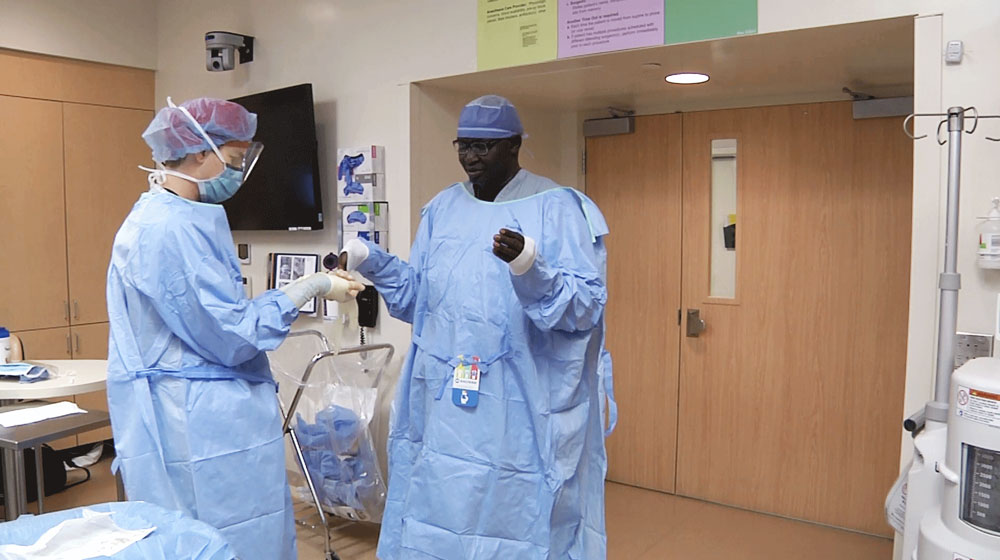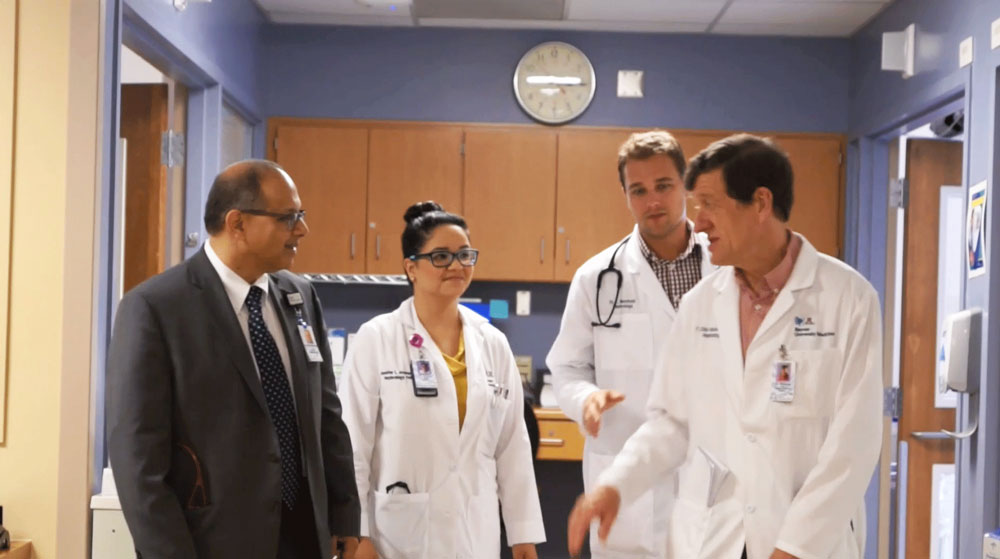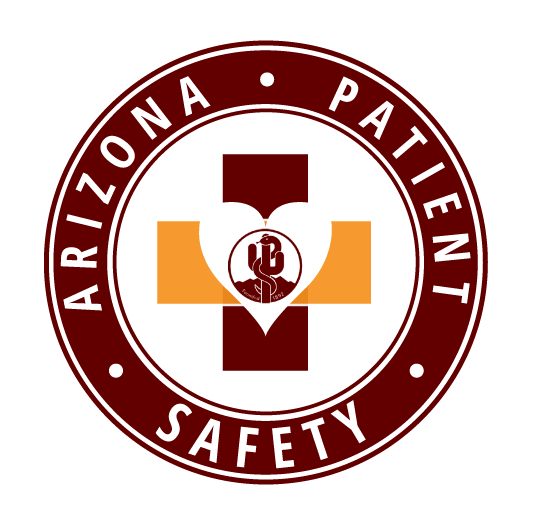Fellowship & CME
Completion of a residency program ensures that your physician healthcare provider is trained to superior standards and is both competent and qualified to handle your care safely. At this point in their career, many physicians have been learning and training for over thirteen years to finally earn the title of “attending physician.” An attending physician has completed both medical school and residency and most have passed the appropriate exam to be board-certified in their general specialty. This long and difficult process ensures when you put your life in the hands of the physicians providing your care that they will be able to safely administer treatment and minimize the risk associated with care delivery.
Fellowships
Many attending physicians will choose to pursue a Fellowship after completing their residency programs. Fellowships are highly specialized training programs that comprise sub-specialties within the specialty of medicine the physician completed previously. For example, an attending general surgeon may want to refine their training into a highly specialized area of general surgery such as vascular surgery, or pediatric surgery. Additionally, many common specialties encountered in the hospital environment require fellowships such as cardiology, pulmonology or oncology.
Fellowship training is similar to residency in that they are structured, curriculum-driven training programs. The physician undertaking this program, referred to as a Fellow, receives training and instruction from more senior Fellows in the program and board-certified specialists who have completed the fellowship. Many complex procedures and clinical skills require completion of a fellowship program prior to a physician performing these tasks unsupervised.
Board Certifications & CME
Many physicians have additional certifications that they list after their M.D. or D.O. title, such as FAAP (Fellow of American Academy of Pediatrics) or FAAC (Fellow of the American College of Cardiology). These physicians have completed the necessary post-graduate training, either residency or fellowship, to become board eligible and passed the appropriate exam(s). Many of these certifications are only valid through a set expiration date, which requires continuing education (CME) and re-certification exams to maintain. These certifications demonstrate a mastery of the specific skills related to the specialty.


